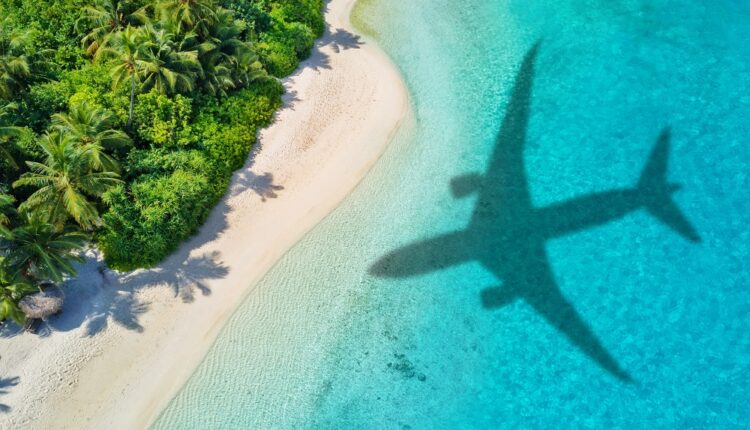June 2 is World Day for Responsible Tourism. We take the opportunity to summarize the series of 13 tweets published this week by Jean-François Rial on Twitter. The CEO of Voyageurs du Monde has thus shared, through this thread, a 3.0 forum…

As a preamble, let us remember one certainty, which is likely to increase with the new generations: the plane is now strongly singled out for its impact on the environment. If some professionals in the sector defend themselves by mentioning other sources of greenhouse gases (GHGs) such as digital technology, the air Cassandres do not care. Because the plane embodies the transport of the rich, who sometimes travel several times a year, and absorb CO2 emissions to clear their conscience, they add.
No happy sobriety
Faced with mounting criticism and flygskam (ashamed to fly), Jean-François Rial defends the sector. “The worst solution is that of sobriety, says the vice-president of the Syndicate of tour-operating companies (Seto). “On what criteria, Chinese style, according to your social rating? “, he quips.
The only option that finds favor in his eyes is to decarbonize the plane. “Until recently, we didn’t really know how to decarbonize it by 2050.” A deadline corresponding to the “carbon neutral” objective of the Paris Agreements. “But now we know how to decarbonize it, and we will have to do it otherwise we will kill this brilliant means of transport. »
Concretely, how to decarbonize? “It is urgent to rush towards synthetic fuels, to put research resources into it to lower its cost price and to impose it progressively in increasing proportion, as well as on the international level. The plane’s survival is at stake.”
Accept a doubling of ticket prices
Synthetic fuels, which emit no CO2, have the advantage of being directly usable in current aircraft. They are produced from carbon and hydrogen, through a chemical process. Agrofuels will never be able to cover needs, not to mention the potential conflicts of use with agriculture.
“Obviously (…), this synthetic fuel will have to be produced from hydrogen produced from carbon-free electricity, nuclear or from renewable energy. This is where the work gets tough. Synthetic fuel costs according to various manufacturing assumptions between 5 and 8 times the cost of kerosene… For Jean-François Rial, the airline and travel industry must be able to smooth out a price increase, for example a doubling over 30 years , during the transition period. “Capitalized this only represents an increase of 2.5% per year,” he calculates. “As far as I am concerned, my choice is made. I’d rather a price increase than the disappearance of this great tool. »
Gérard Feldzer’s reservations
To decarbonize the plane, Gérard Feldzer also believes in synthetic fuels, which are very expensive. Even if the former airline pilot points to a “small problem”. “We are in an extremely competitive universe, underlines this distinguished aviation popularizer. There are companies – especially those in the Gulf – which will continue with kerosene. »
Synthetic fuels, “this can work provided there is an international agreement against opportunistic companies that will continue to use cheaper oil. “And there, it is not won. Although the stakes are high…
Gérard Feldzer is betting in particular on electric motors, with electricity made from hydrogen, transformed into electricity through a fuel cell. But in the long term, and on short-haul flights, he explained at the last Seto Forum.
Absorption is not enough at all
Let’s go back to Jean-François Rial’s thread. The champion of absorption for years has implicitly warned the entire profession: “Until now, the only real solution consisted in absorbing residual emissions, by making virtuous compensation, that is to say additional and long-lasting. But this solution, even demonstrated rationally, will no longer suffice in public opinion. »
In fact, voices are raised against what he describes as the right to pollute… Compensation can only be the third lever after the carbon balance sheet, and the reduction of the carbon footprint. Fleet renewal, direct flights and eco-piloting contribute to this reduction effort. Not to mention that responsible tourism is also a social dimension that respects populations and employees. A subject still too little addressed, and which will be at the heart of the next Forum A World For Travel 2022.
